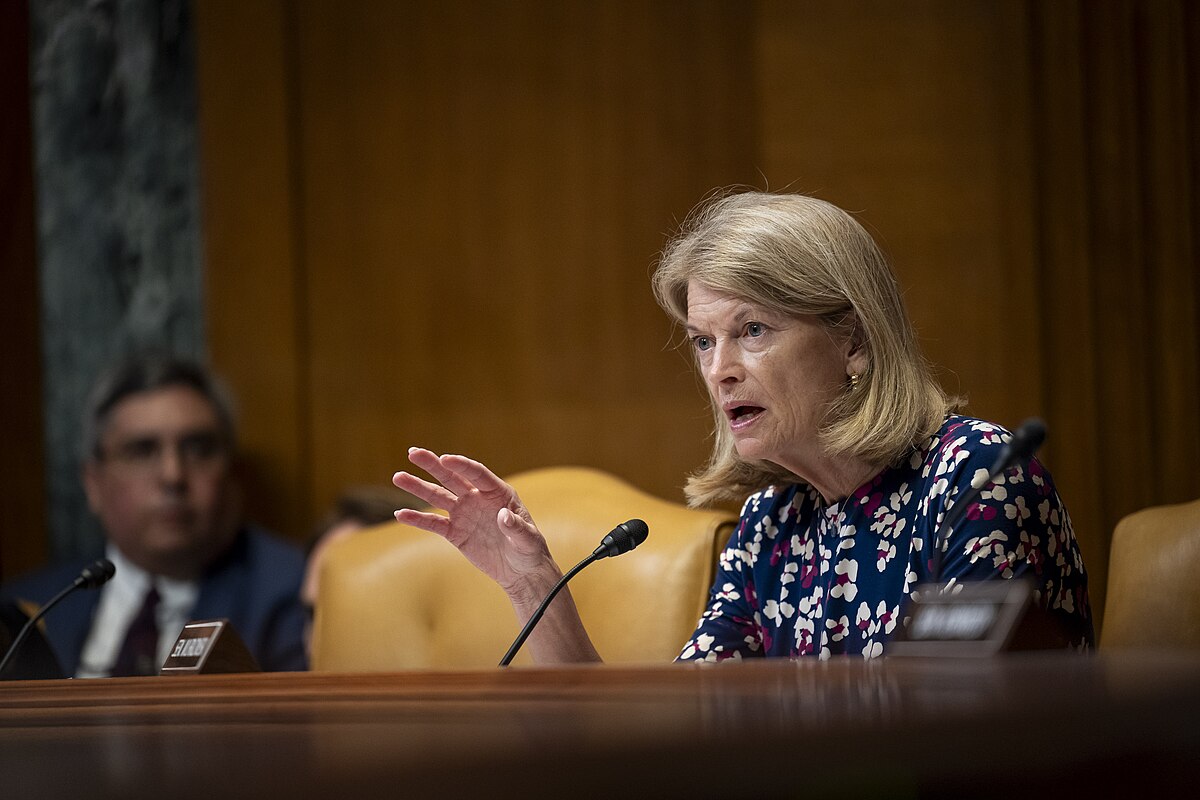Senators against debt ceiling deal.
All Eyes on the Senate as Debt Ceiling Bill Advances
Although many members of the upper chamber have soured on the Fiscal Responsibility Act, so far, the Senate appears to have sufficient votes to send the bill to President Joe Biden’s desk.
The House has advanced the debt ceiling bill with a 314-117 vote, but the real test lies in the Senate. Will they follow suit and pass the bill, or will they throw a wrench in the works?
Who’s in Favor and Who’s Against?
Senate Majority Leader Chuck Schumer (D-NY) and Minority Leader Mitch McConnell (R-KY) have backed the legislation despite their left and right flanks respectively voicing misgivings about the deal. However, there are some senators who have come out in opposition to the deal:
Republicans
- Josh Hawley (R-MO)
- Mike Lee (R-UT)
- Rick Scott (R-FL)
- Ted Cruz (R-TX)
- Tim Scott (R-SC)
Democrat/Independent
- Bernie Sanders (I-VT)
- Ed Markey (D-MA)
- Jeff Merkley (D-OR)
Detractors on both sides have complained that negotiators ceded too much ground in deliberations. Democratic critics have particularly criticized the conditions in which the deal was crafted, displeased that the GOP leveraged the debt limit as a “hostage” situation against them to extract concessions.
Perhaps more pressing than those opposed is whether senators will deploy procedural tools to delay passage of the bill as the nation barrels toward the so-called June 5 “X-date” at which the United States is set to default on its loans. Lee and Sen. Tim Kaine (D-VA) have stoked concerns they might try to delay the measure by adding amendments.
Kaine has been particularly outspoken about the inclusion of the Mountain Valley Pipeline in the bill — a win for Sen. Joe Manchin (D-WV) that many environmentalists have railed against.
Under the bill, nondefense and nonveteran discretionary spending growth will be effectively kept down until 2024 before increasing by roughly 1% in 2025. In its present form, the bill could reduce the deficit by $1.5 trillion over the next 10 years, according to an estimate from the Congressional Budget Office. Other provisions include rescinding unspent COVID-19 funds, tightening work requirements, permitting reform, and more.
This list will be updated as additional no’s come in from members of the Senate.
Stay tuned for updates on the Senate’s decision and the fate of the debt ceiling bill.
" Conservative News Daily does not always share or support the views and opinions expressed here; they are just those of the writer."





Now loading...